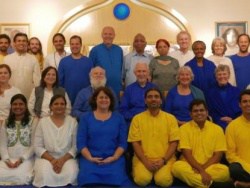How to Be Happy at Will: Tools for well being
An offering for students and teachers to lead happy, stress-free lives
To seek happiness outside ourselves is like trying to lasso a cloud. Happiness is not a thing: It is a state of mind. It must be lived. Most people delay their happiness trying to make the outer world “just right.” But we know that almost never happens.
So is life meant to be lived in gloom except for those few fleeting moments of happiness? Not at all! By learning how to be happy at will using scientific techniques one can achieve inner happiness that is immune to outer inconveniences. Discover:
- The Happiness Trap: Why do we fail to find happiness outside ourselves?
- Where Does True Happiness Lie?
- “Happiness Thieves” and How to Avoid Them
- The Little-Known Link Between Our Energy and Happiness
We’ll also learn how to address specific harmful emotions that keep us from happiness:
 Insecurities: To become aware of why we truly feel insecure in life (about ourselves or other people) and how through a simple mental shift we can replace insecurity with a deep feeling of inner security. We’ll practice a universal technique that is used to reinforce the positivity of the mind in order to help us feel truly secure in ourselves.
Insecurities: To become aware of why we truly feel insecure in life (about ourselves or other people) and how through a simple mental shift we can replace insecurity with a deep feeling of inner security. We’ll practice a universal technique that is used to reinforce the positivity of the mind in order to help us feel truly secure in ourselves.
 Loneliness: We’ll discuss and understand why, despite having so many people in our lives and despite our 24/7 hyperconnectivity with others (through the phone and social media), we all can feel lonely and empty at times. But there is a definite way to rise above feelings of loneliness and replace them with feelings of inner contentment and deep connectedness with others.
Loneliness: We’ll discuss and understand why, despite having so many people in our lives and despite our 24/7 hyperconnectivity with others (through the phone and social media), we all can feel lonely and empty at times. But there is a definite way to rise above feelings of loneliness and replace them with feelings of inner contentment and deep connectedness with others.
About the workshops
These workshops will be highly interactive, and we’ll use tools like breathwork, uplifting music, affirmations, introspection, games, meditation, and visualization. The techniques we’ll be sharing and practicing together have been successfully used by tens of thousands of people worldwide including teachers, business leaders, sportspersons, students, and wellbeing practitioners. Our teachers worldwide have shared these life-transforming teachings at hundreds of companies and govt. bodies, hospitals, and universities like Stanford University, University of California, University of Texas, NASA, U.S Navy, U.S Army, GE, Adobe, HP, Ernst & Young, and the U.N.
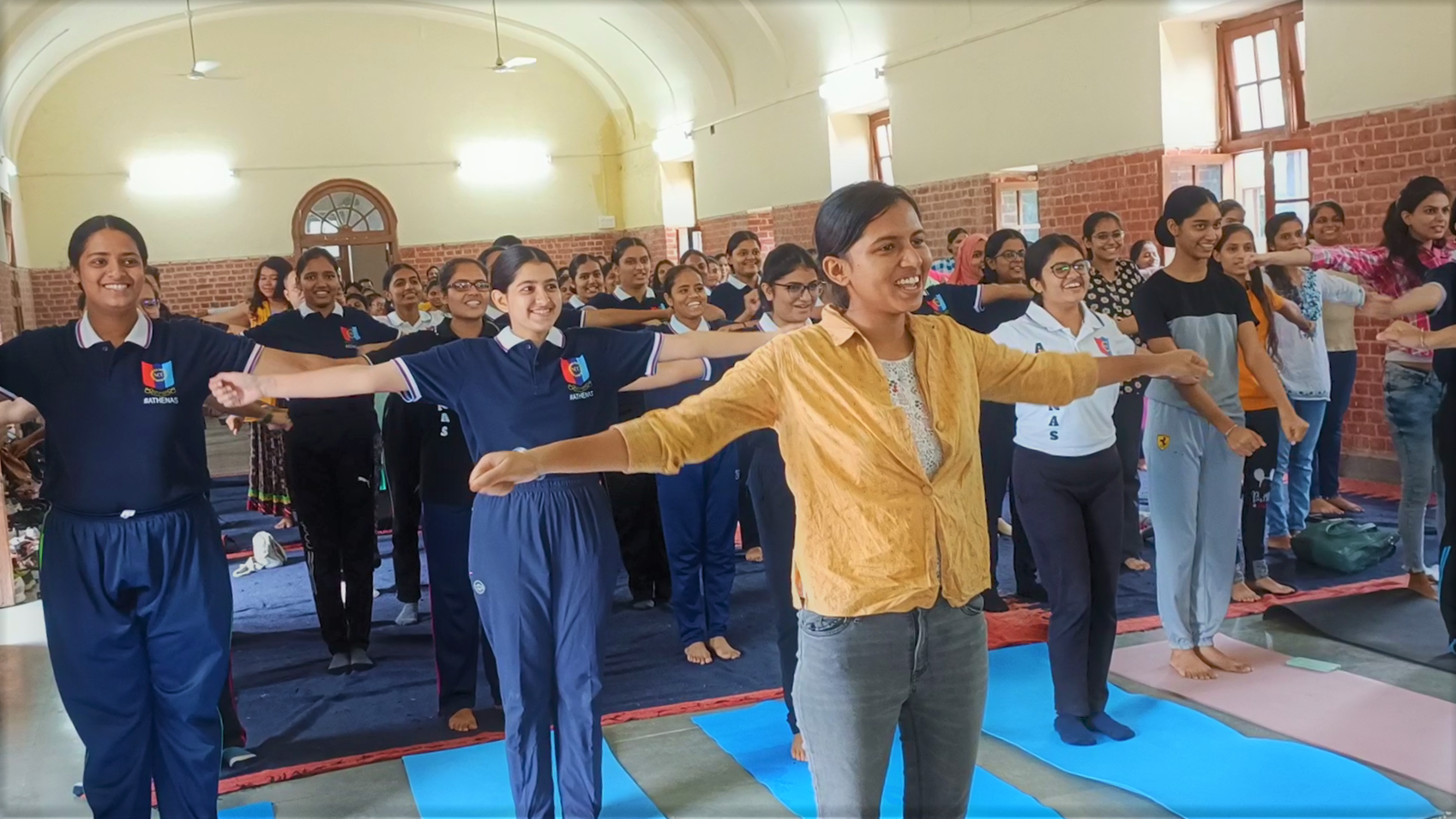
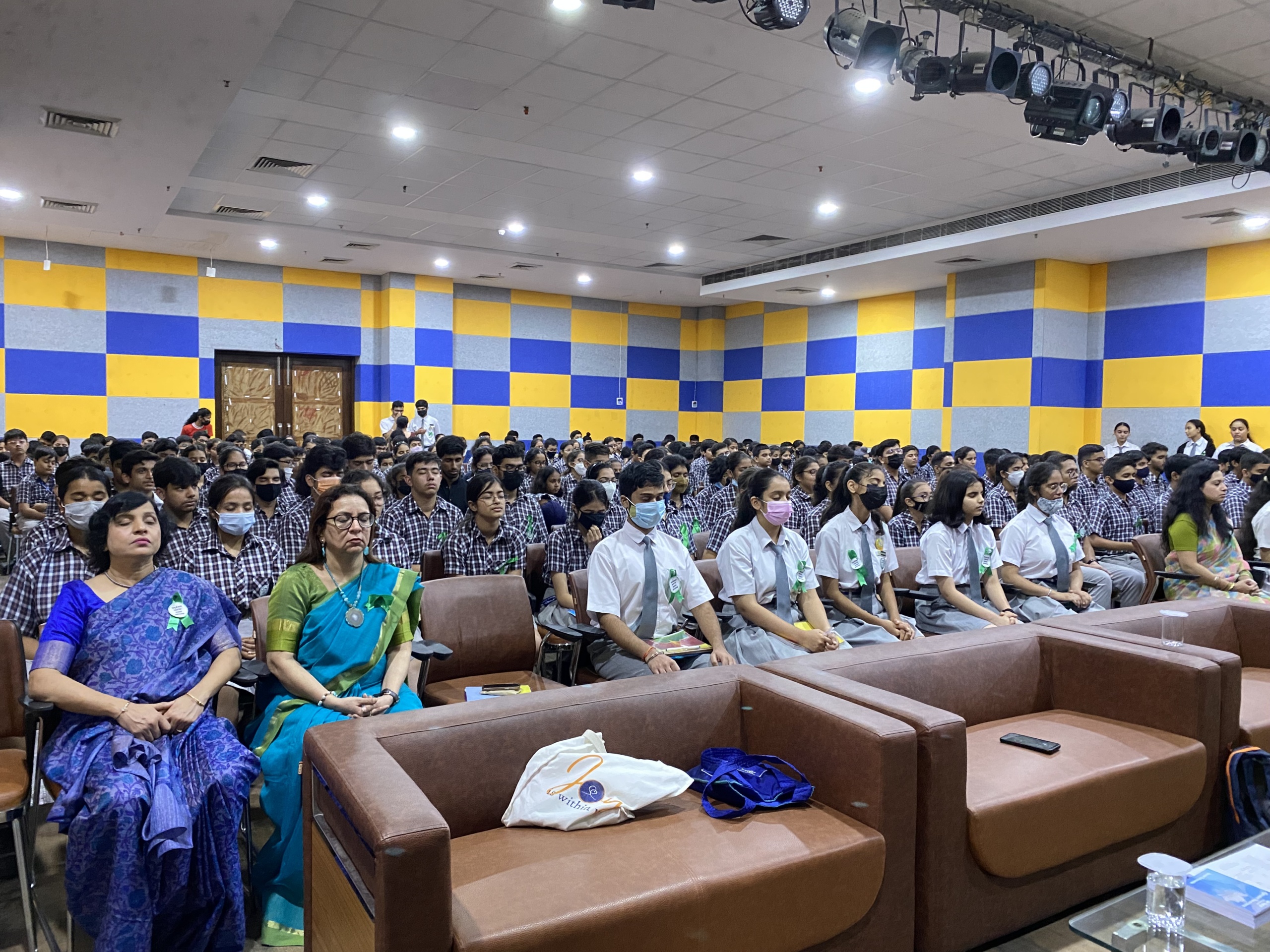
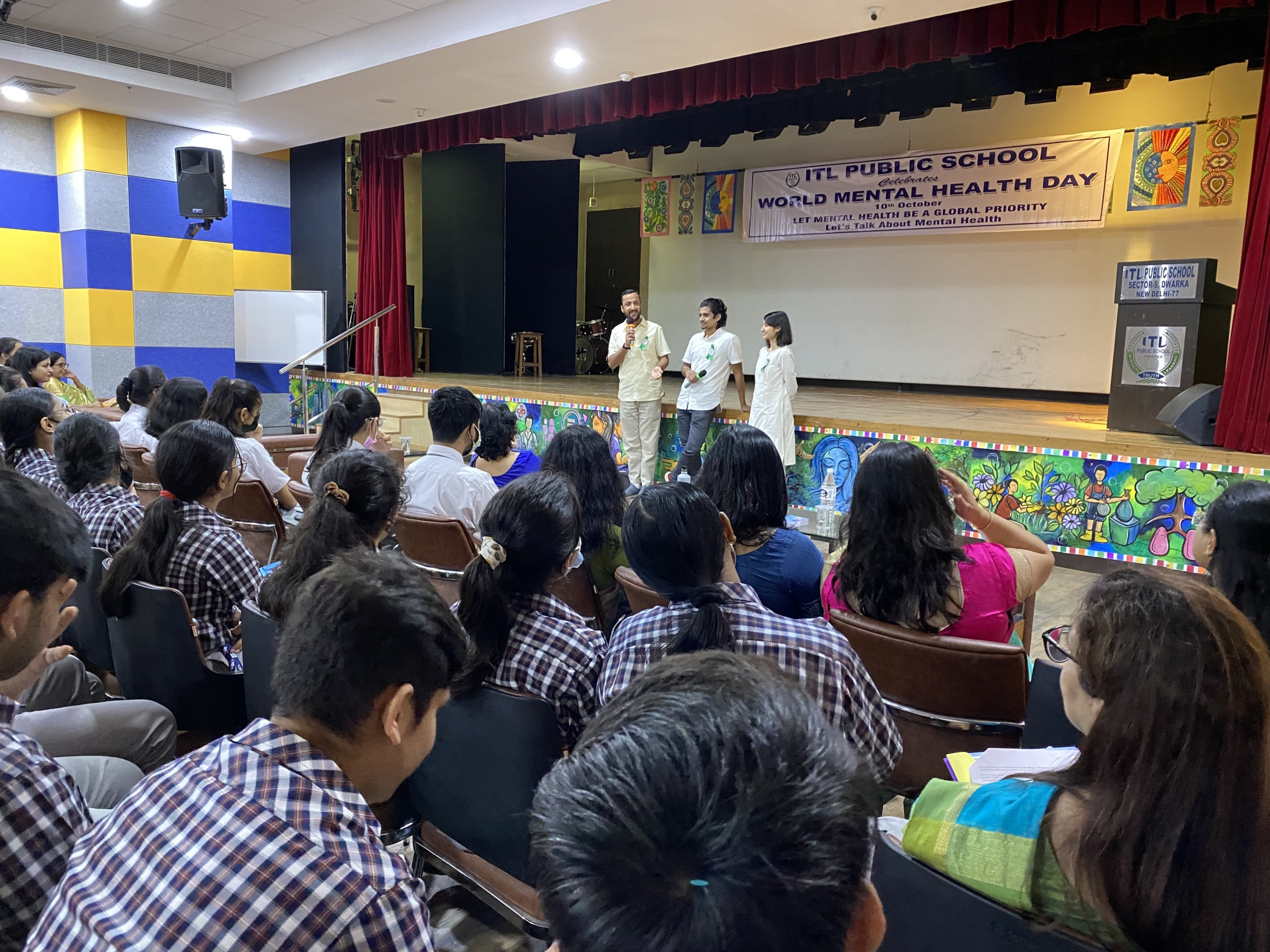
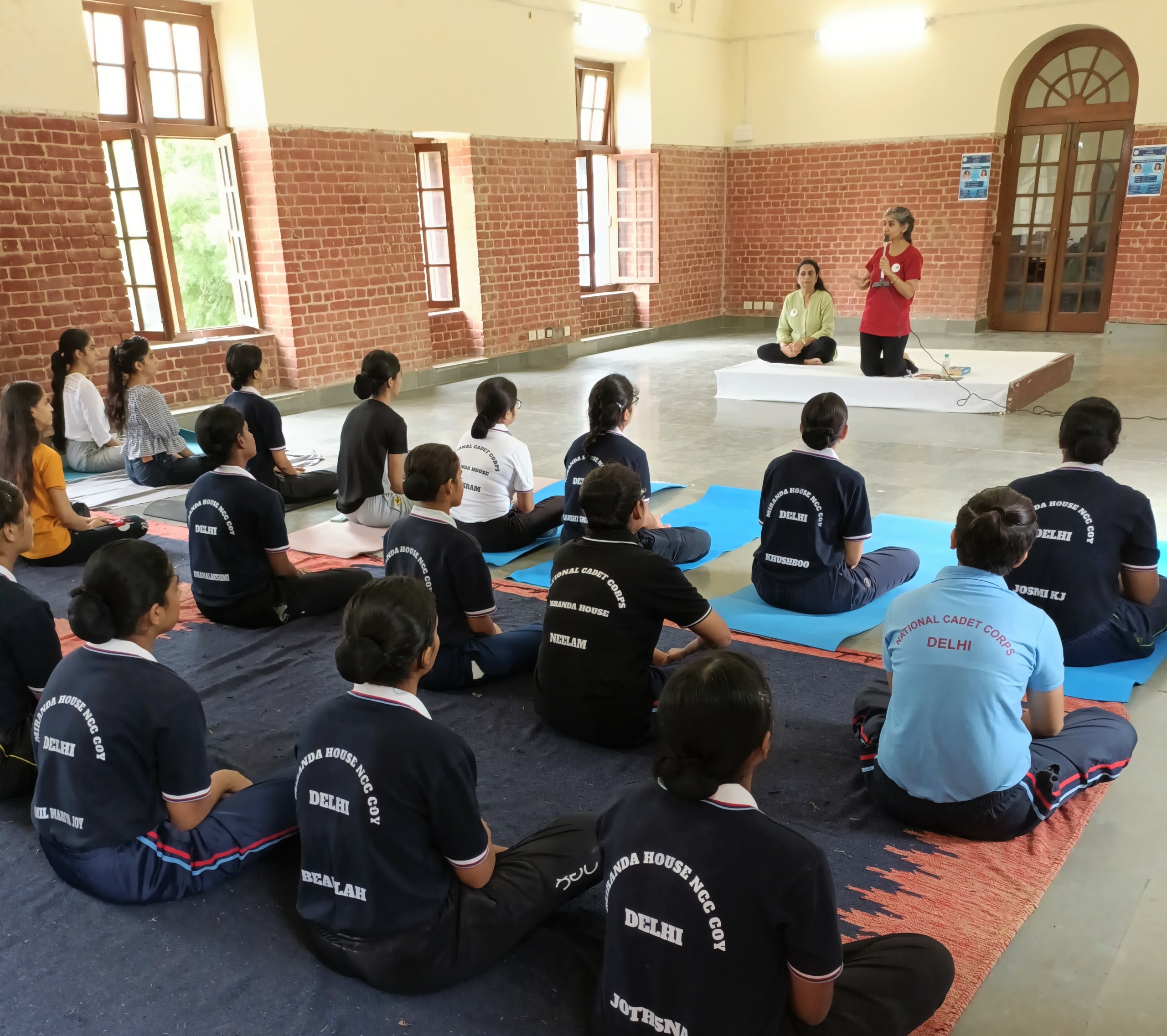
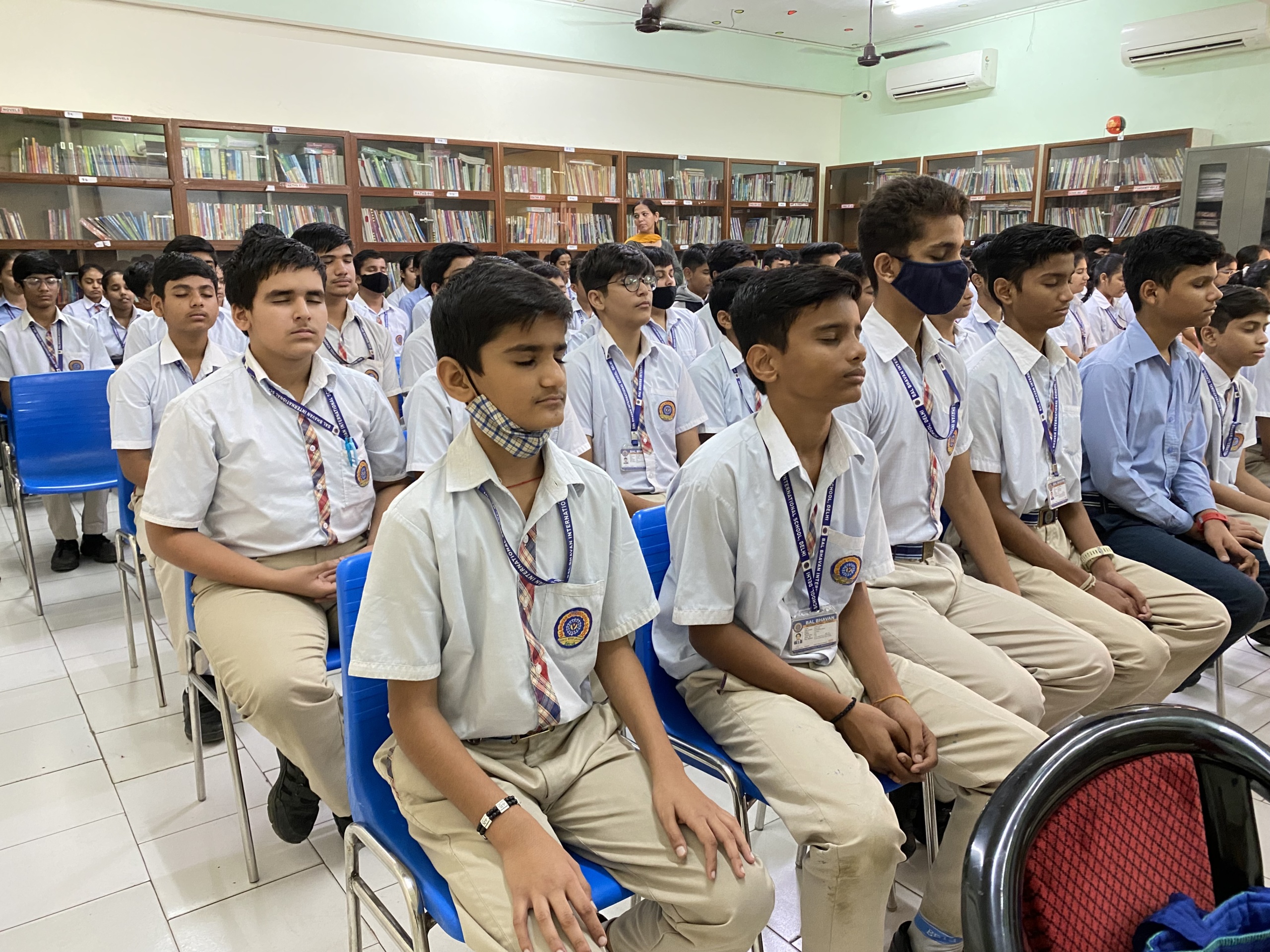
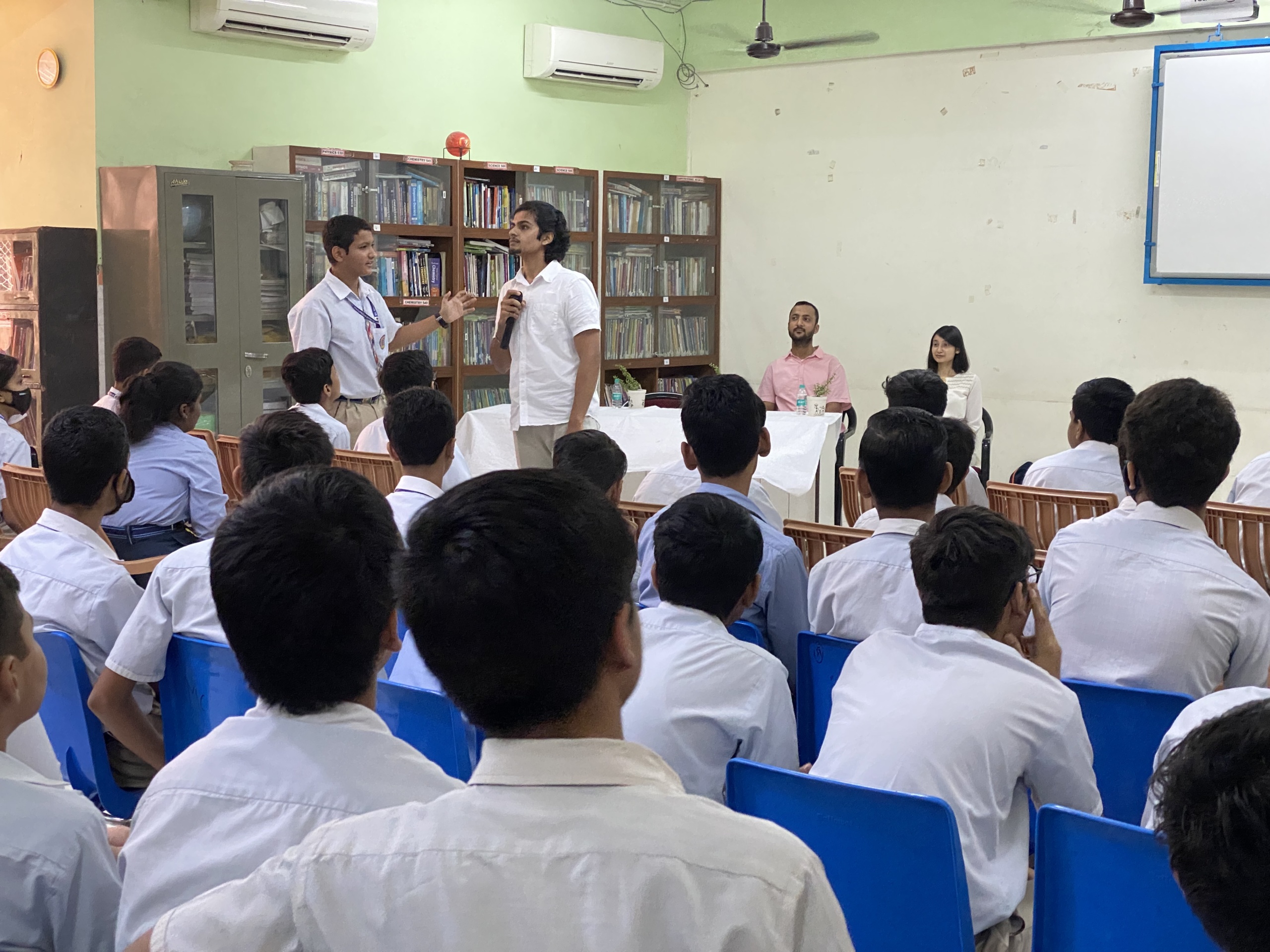
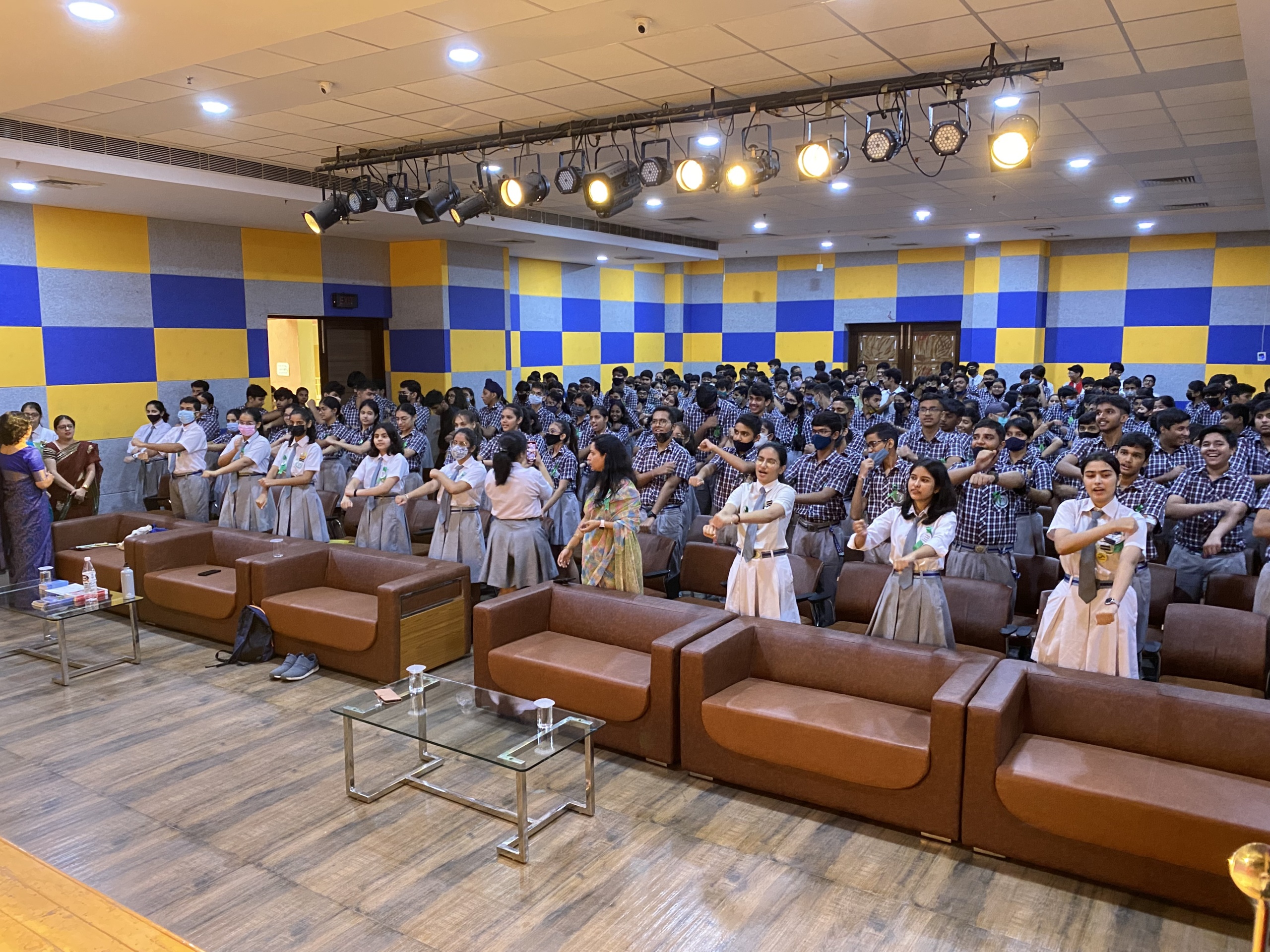
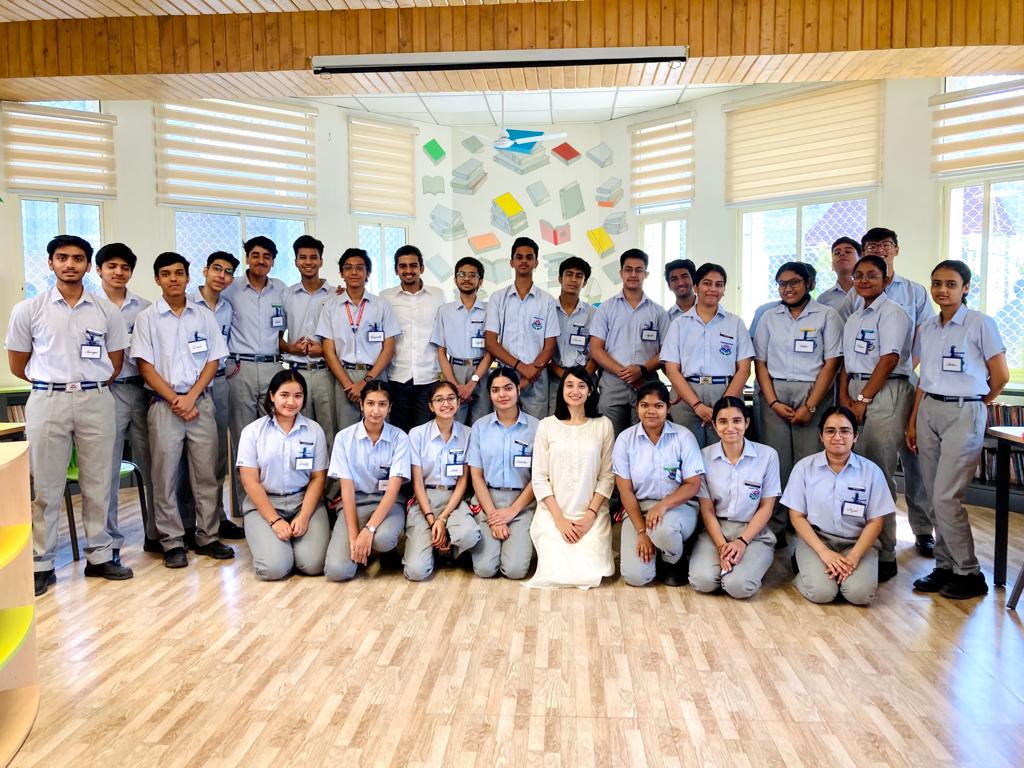
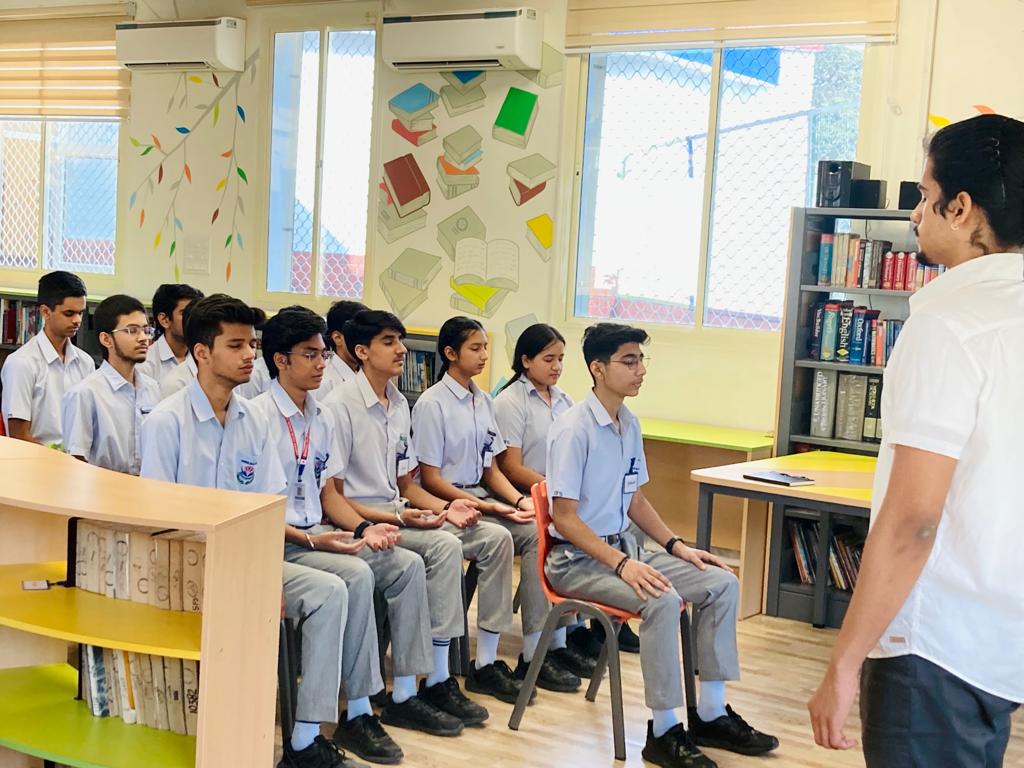
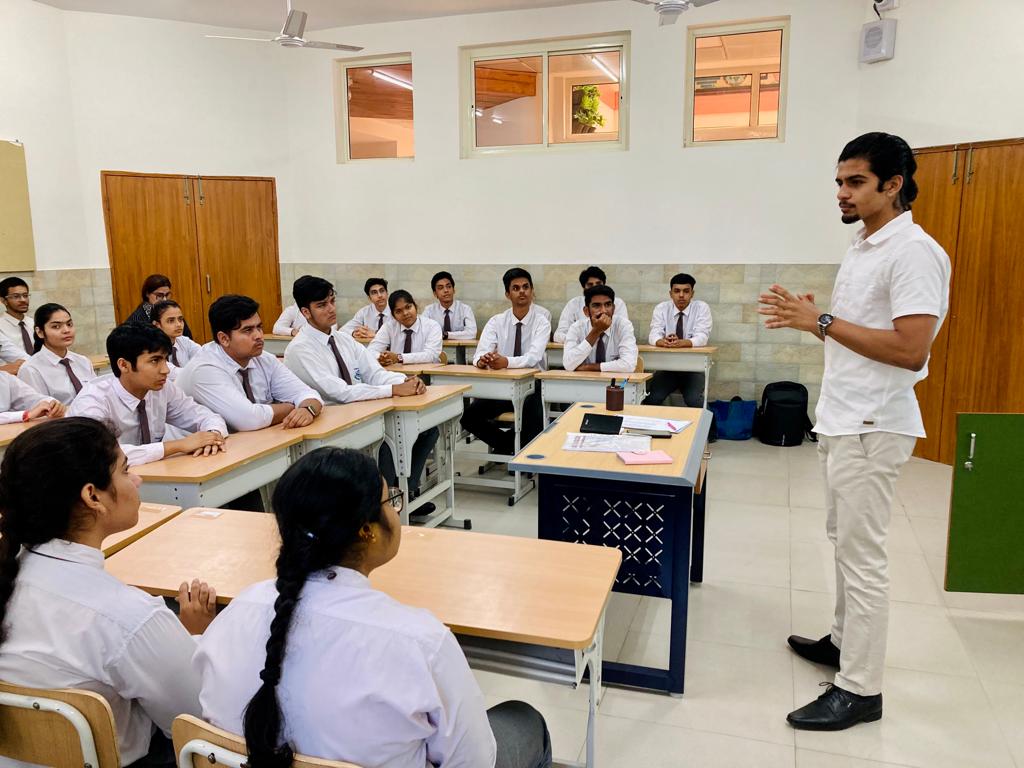
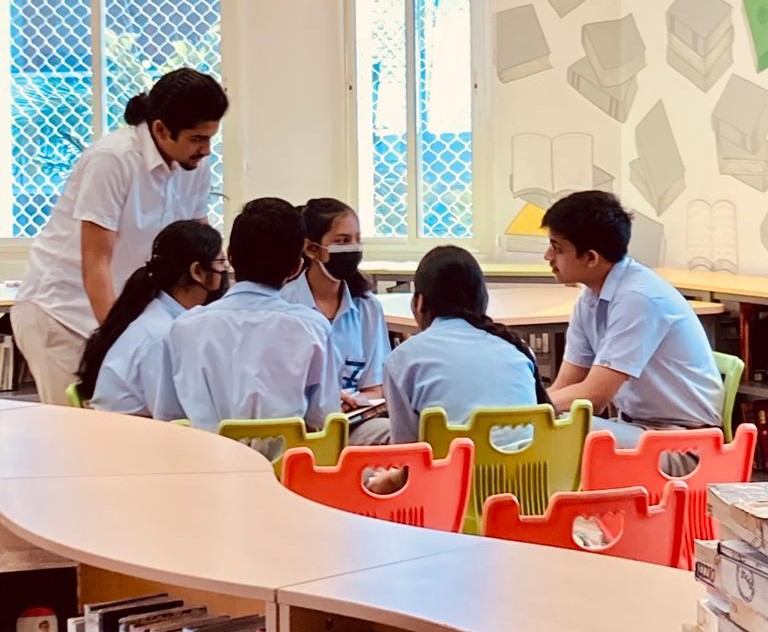
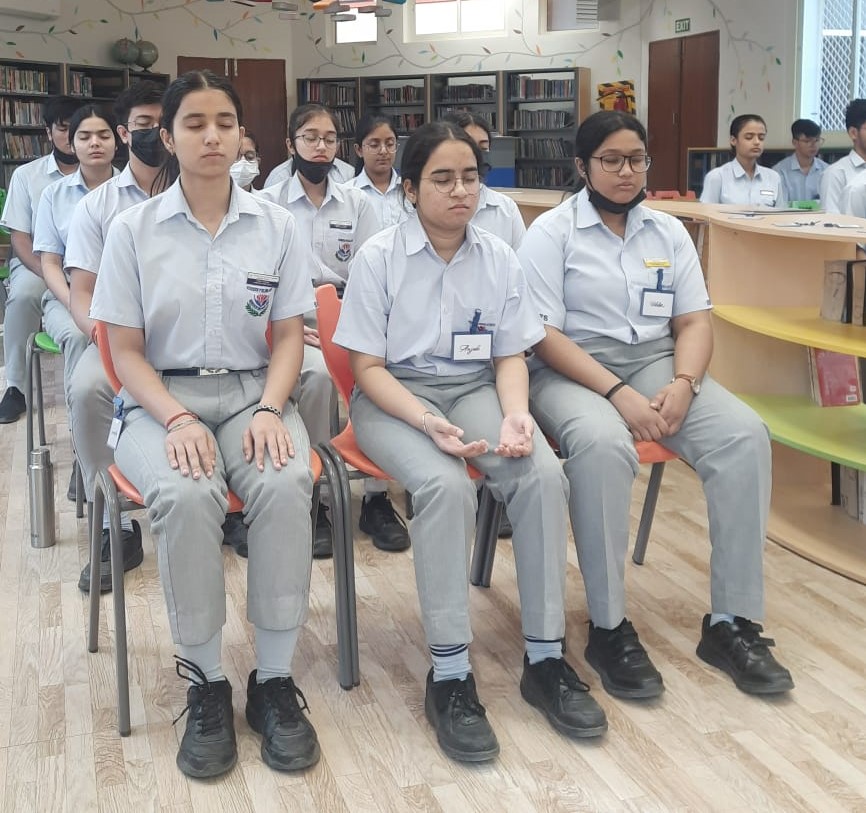
Benefits for Teachers and Students
Aside from the general fact that everyone faces some form of stress and anxiety in their lives, there are many specific, scientifically-tested reasons why tools and techniques like breathwork, meditation, affirmations, etc help both teachers and students to cultivate a harmonious learning environment.
Teachers benefit by:
- Reducing stress and feelings of burnout.
- Improve emotional health, including self-confidence, empathy, compassion, and patience.
- Enhanced ability to concentrate and focus.
- Deepens connections and relationships with students
- Making learning more holistic and fun
- Bring a sense of calm to the classroom
Students, on the other hand, benefit by having:
- Increased ability to concentrate and be attentive
- Increased ability to memorize and visualize
- Higher mindfulness
- Higher tolerance
- Better collaboration and socialization
- Decrease in aggressive behaviour
- Development of emotional intelligence, and much more
By addressing the challenges of both the teachers and students, we can pave the way for the all-round development of students on their way to becoming better human beings.





